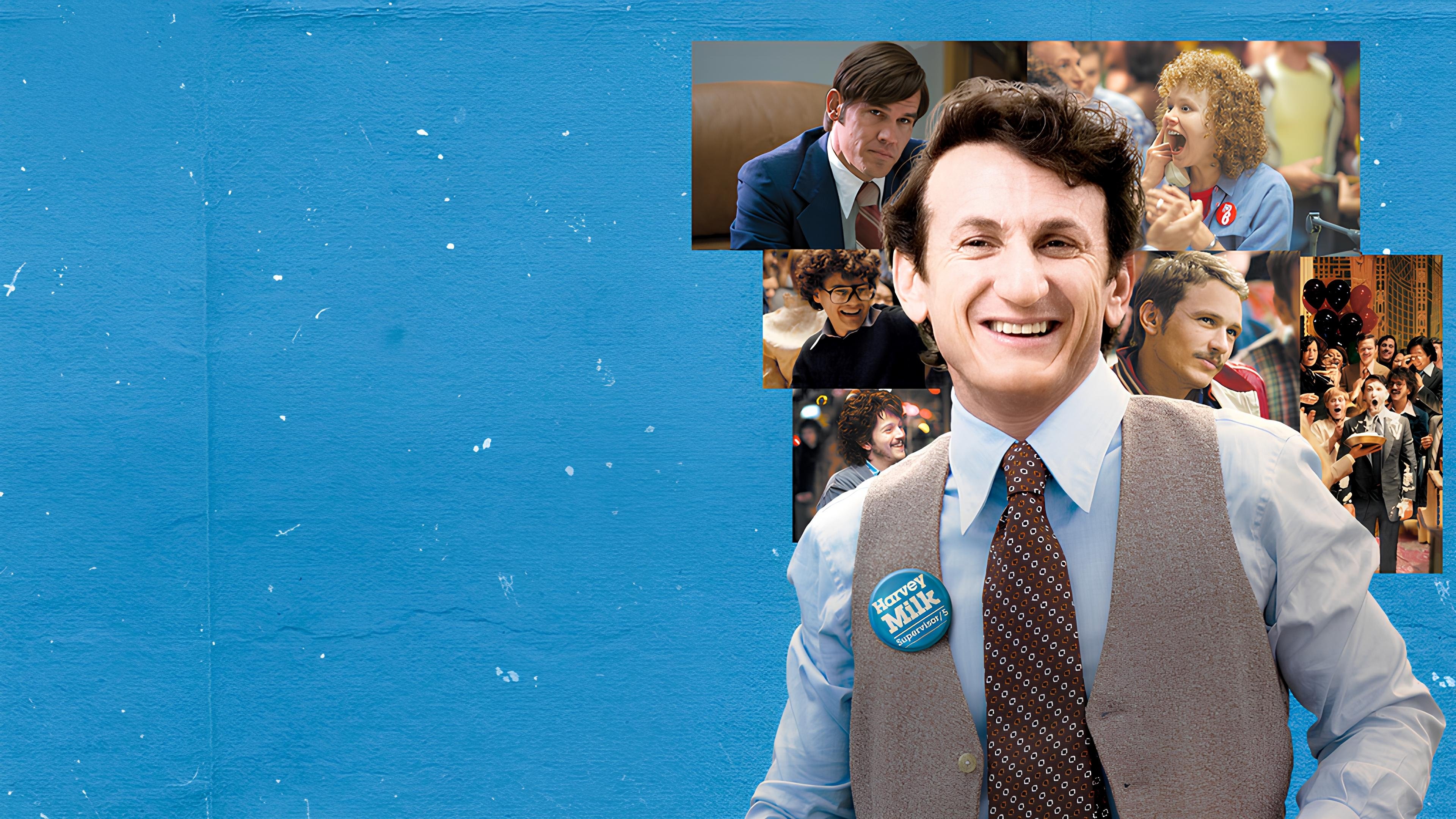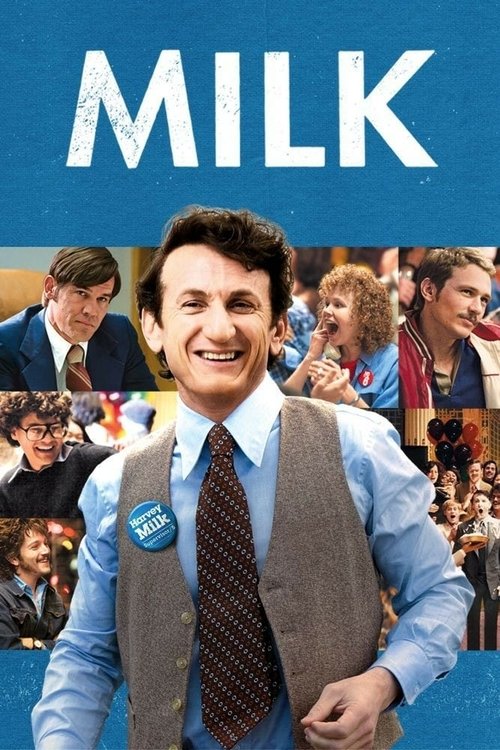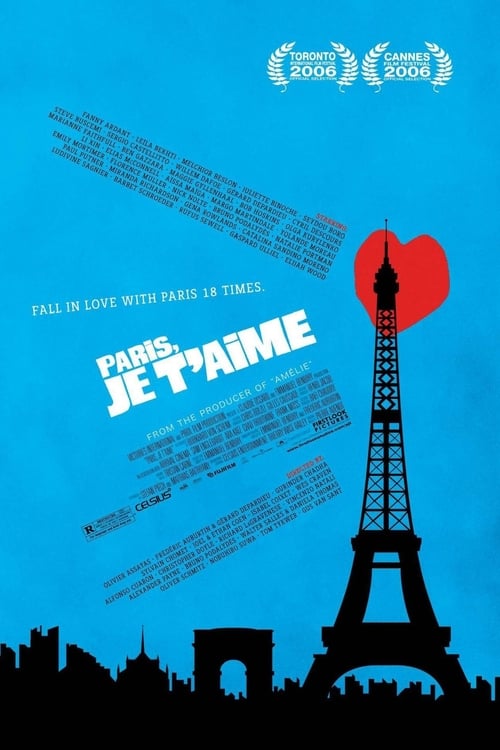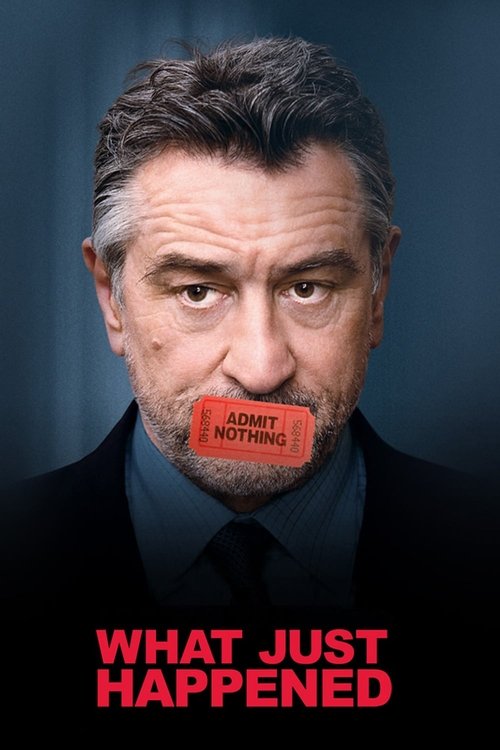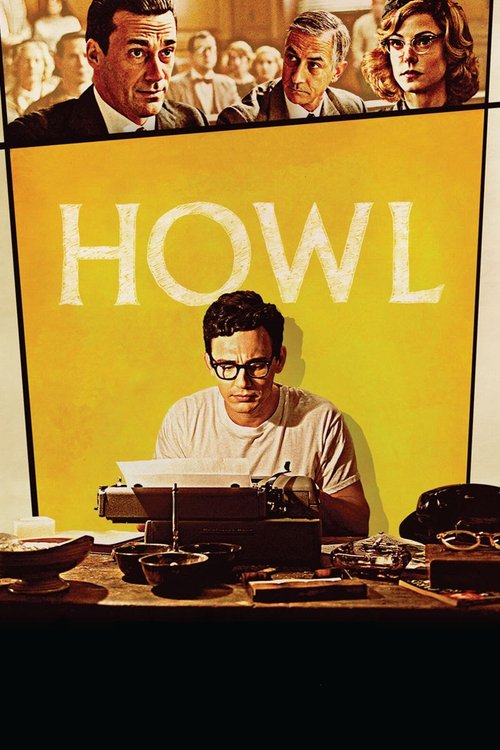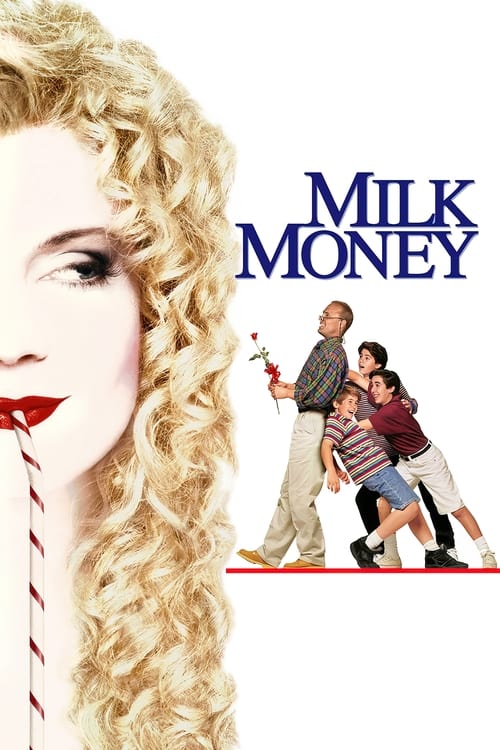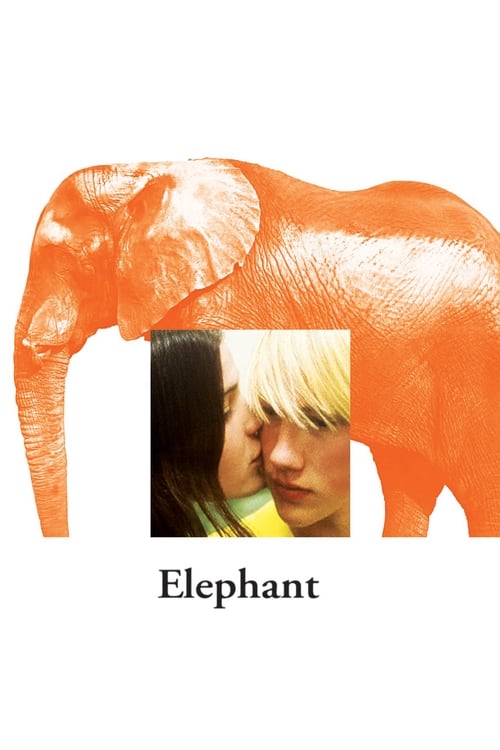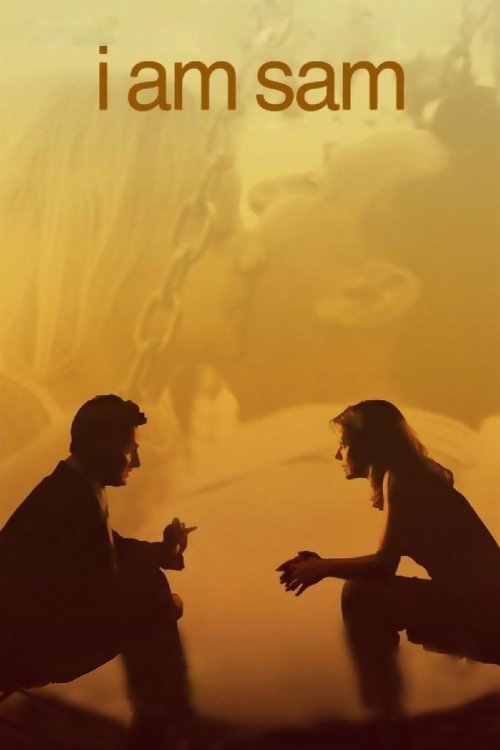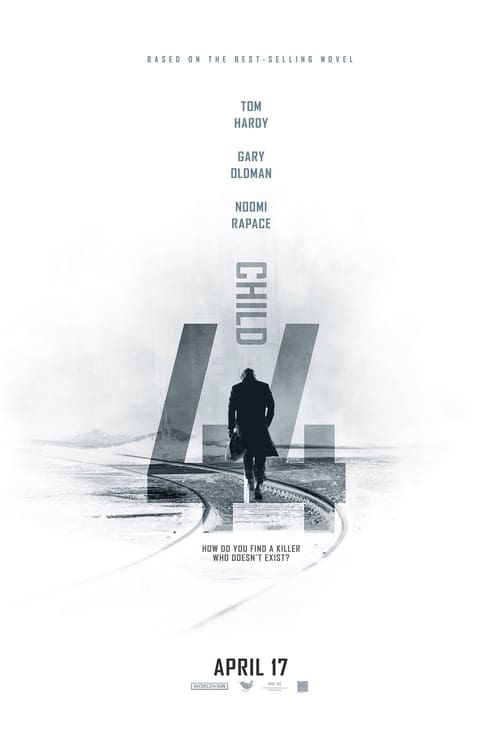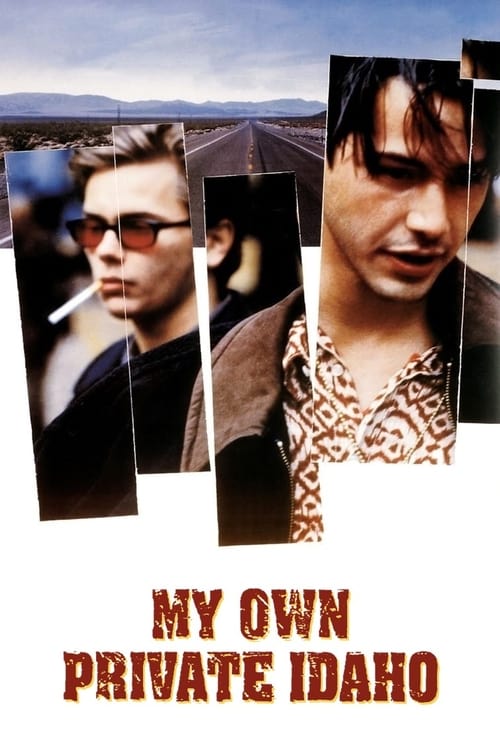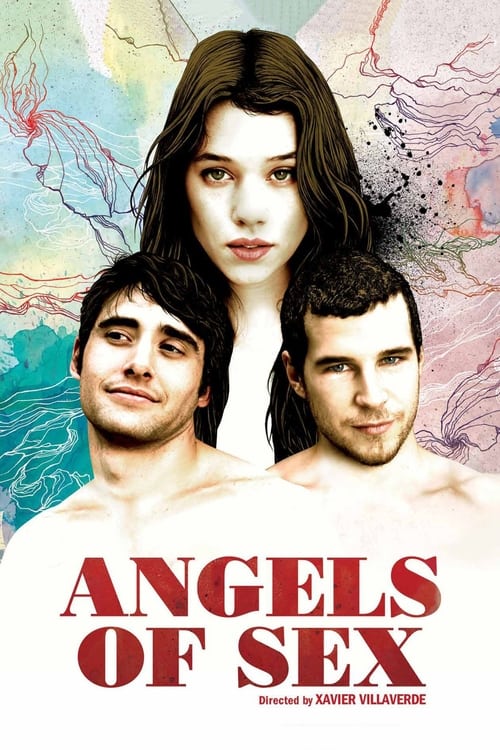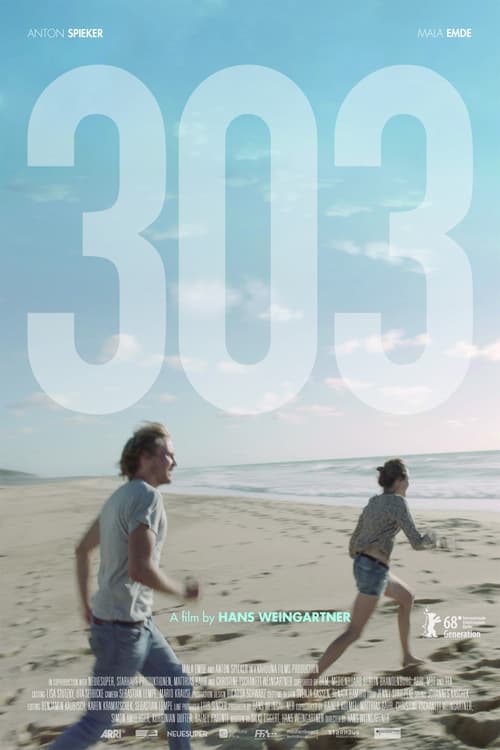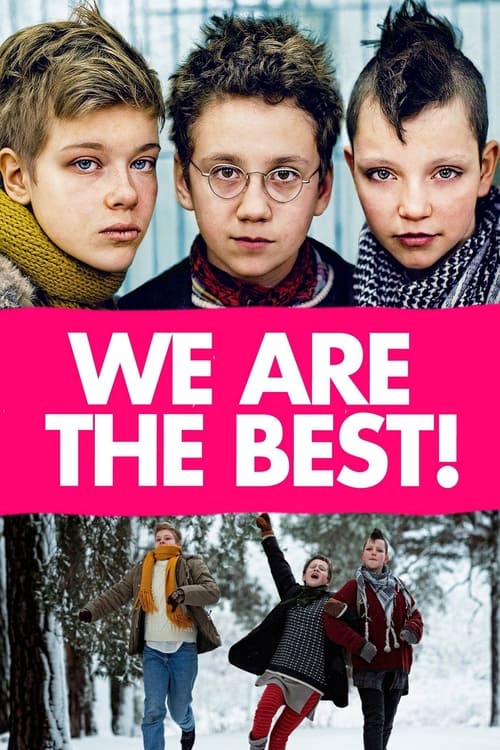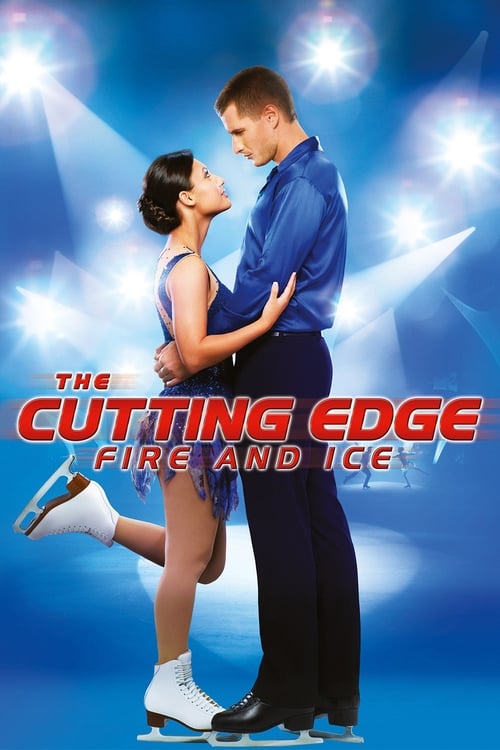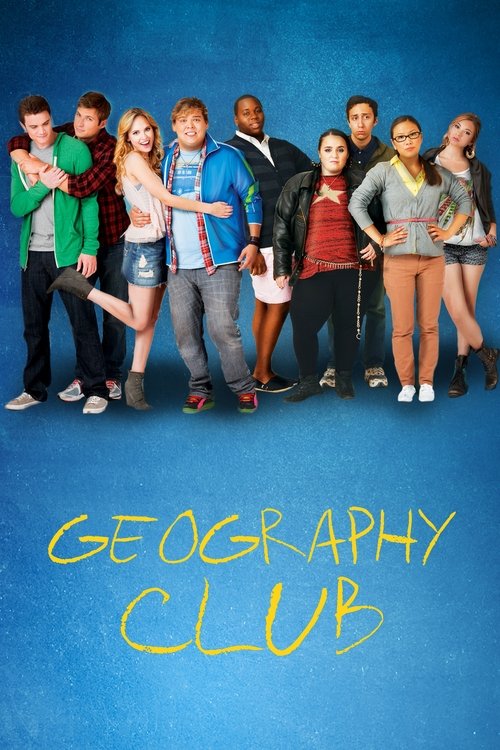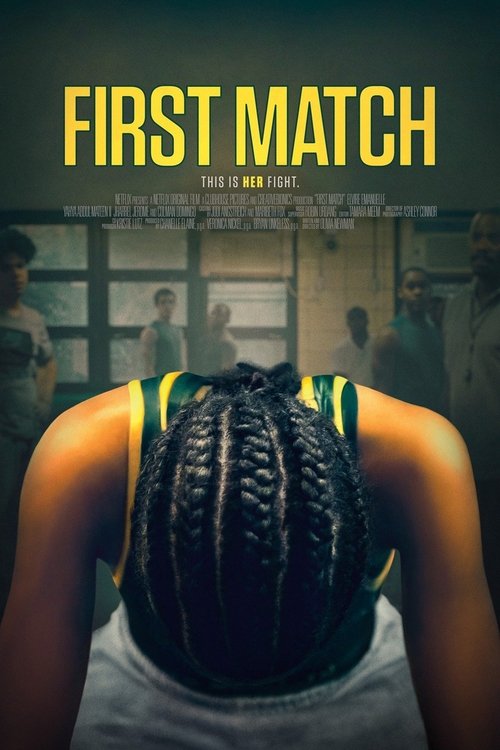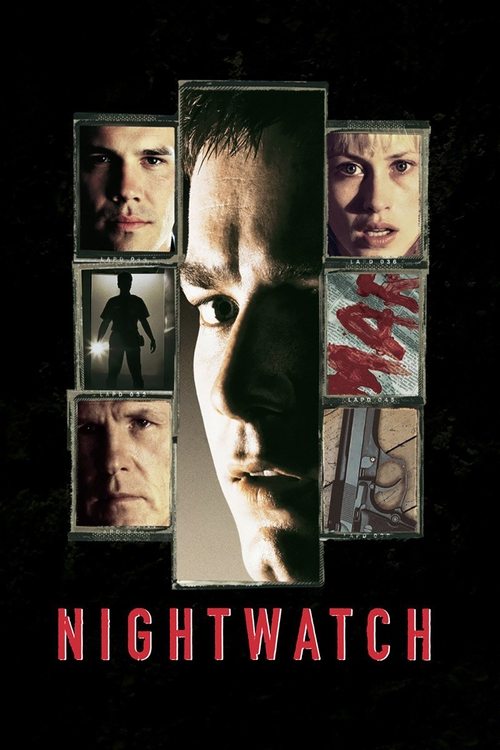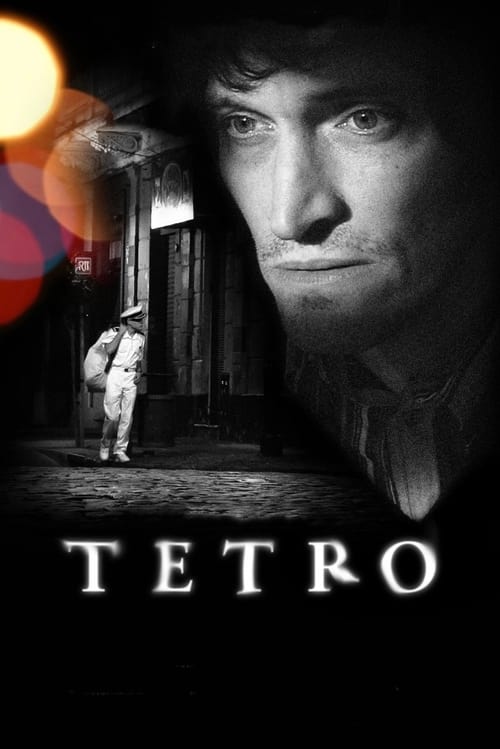Summary
The true story of Harvey Milk, the first openly gay man ever elected to public office. In San Francisco in the late 1970s, Harvey Milk becomes an activist for gay rights and inspires others to join him in his fight for equal rights that should be available to all Americans.
Cast

Sean Penn
Harvey Milk

Emile Hirsch
Cleve Jones

Josh Brolin
Dan White
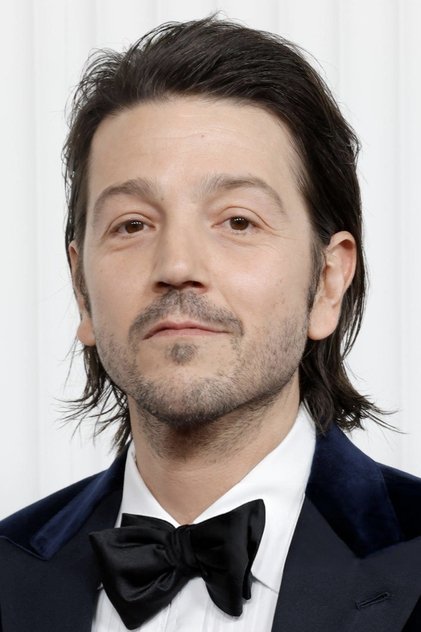
Diego Luna
Jack Lira
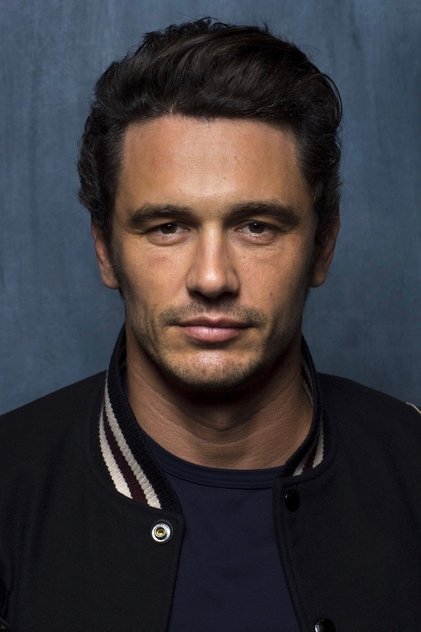
James Franco
Scott Smith
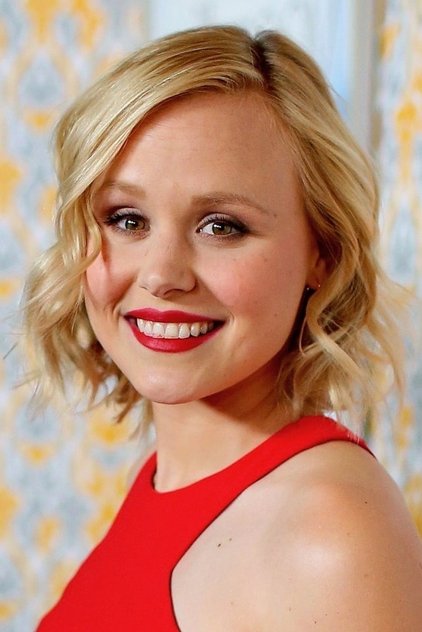
Alison Pill
Anne Kronenberg
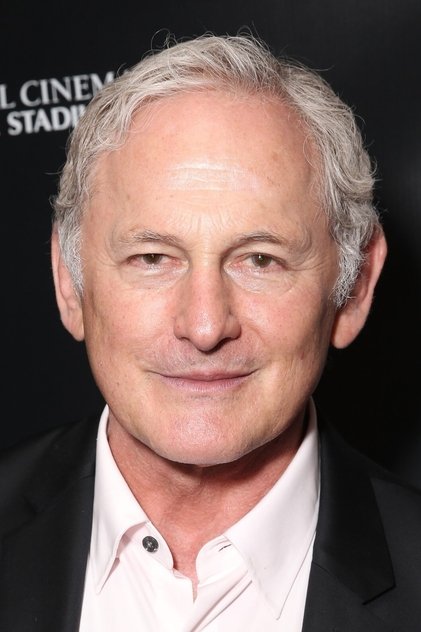
Victor Garber
Mayor Moscone
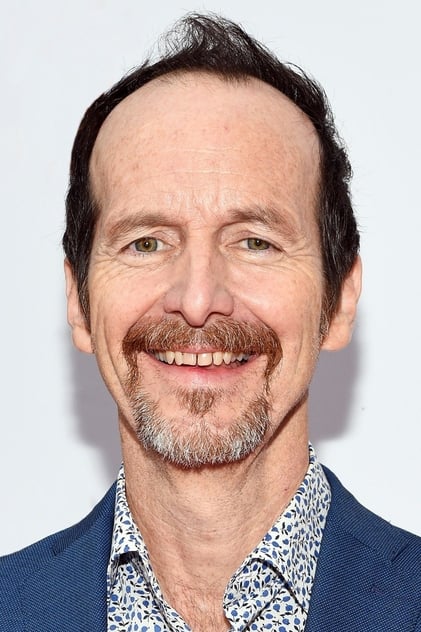
Denis O'Hare
John Briggs
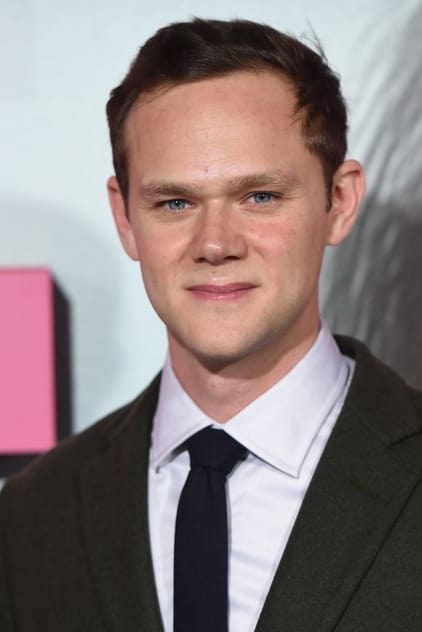
Joseph Cross
Dick Pabich
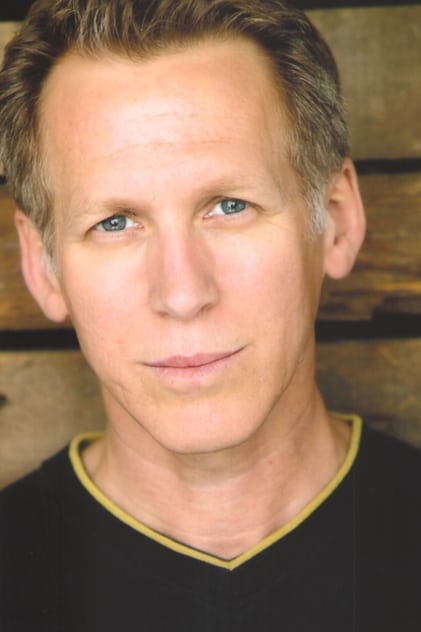
Stephen Spinella
Rick Stokes
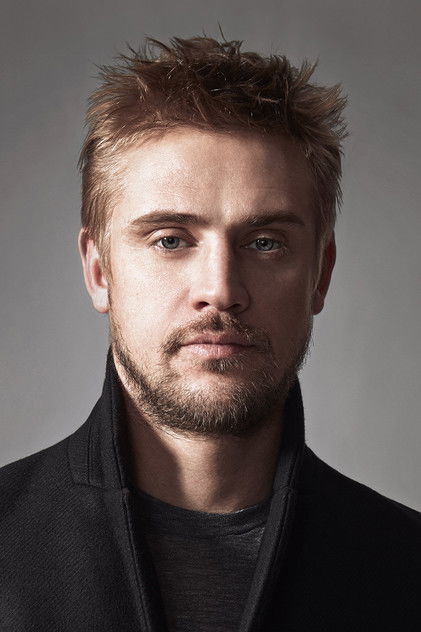
Boyd Holbrook
Denton Smith
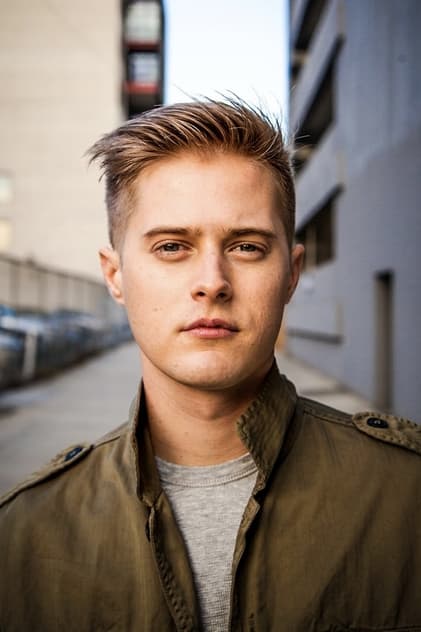
Lucas Grabeel
Danny Nicoletta
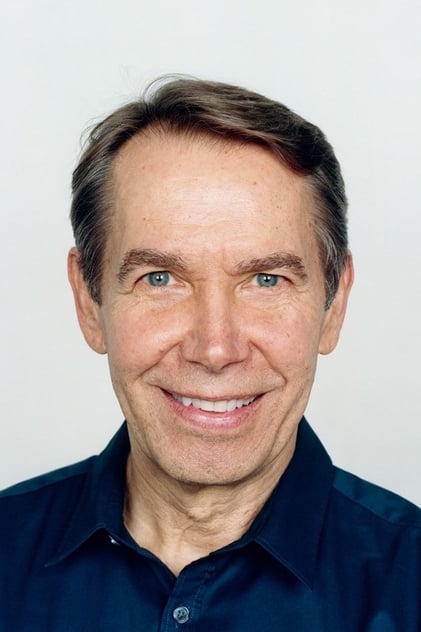
Jeff Koons
Art Agnos
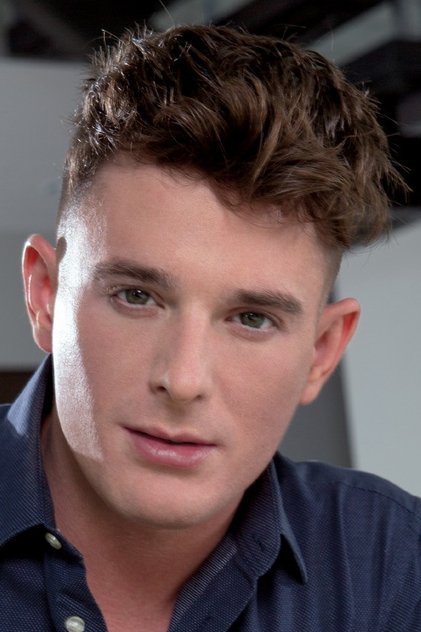
Brent Corrigan
Telephone Tree #3

Dave Franco
Telephone Tree #5
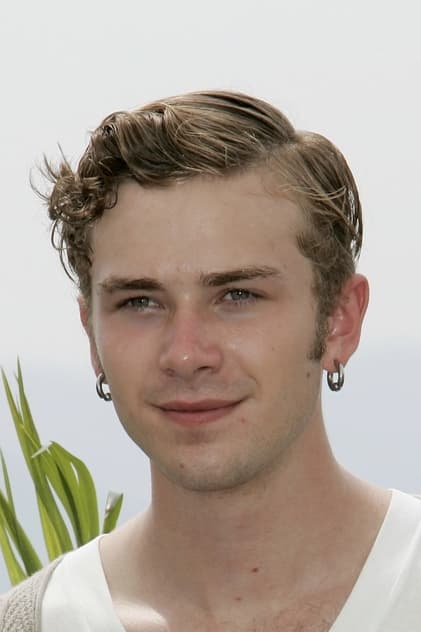
Elias McConnell
Telephone Tree #8
Ashlee Temple
Dianne Feinstein
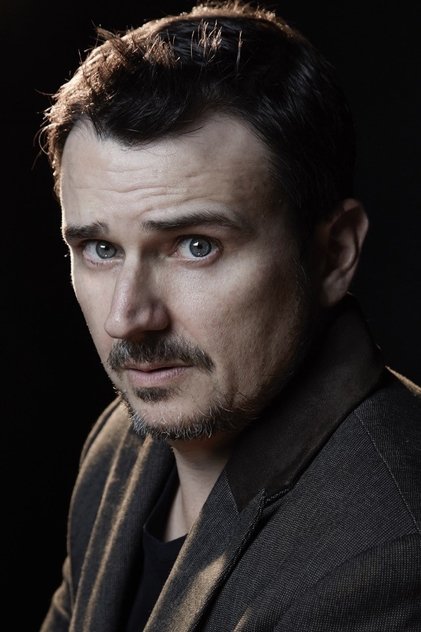
Brandon Boyce
Jim Rivaldo
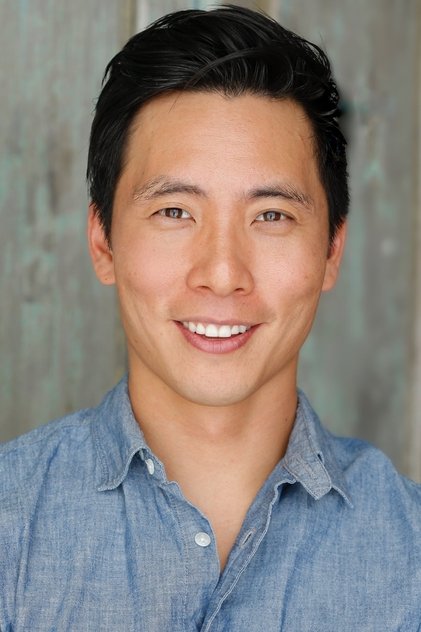
Kelvin Yu
Michael Wong
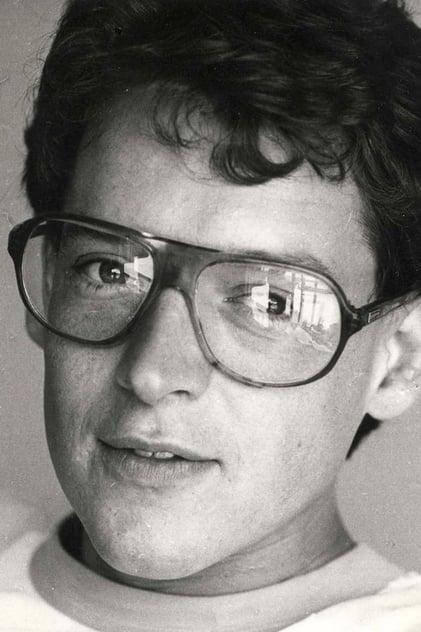
Cleve Jones
Don Amador
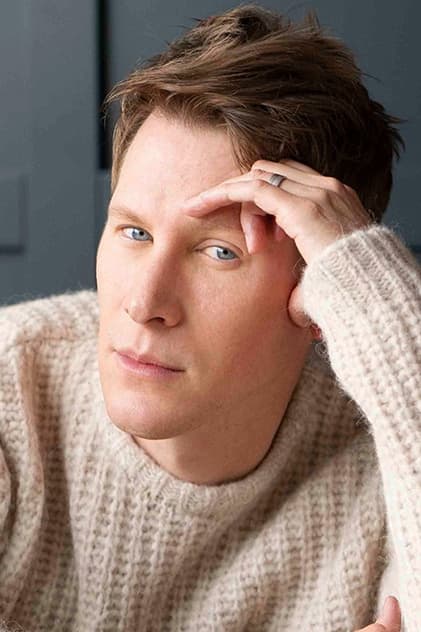
Dustin Lance Black
Castro Clone
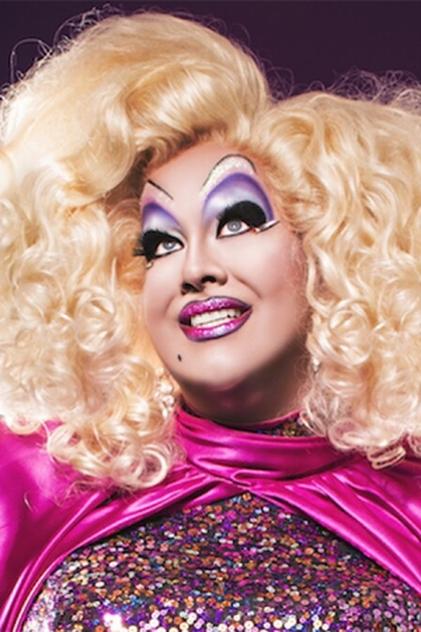
Joshua Grannell
Peaches Christ
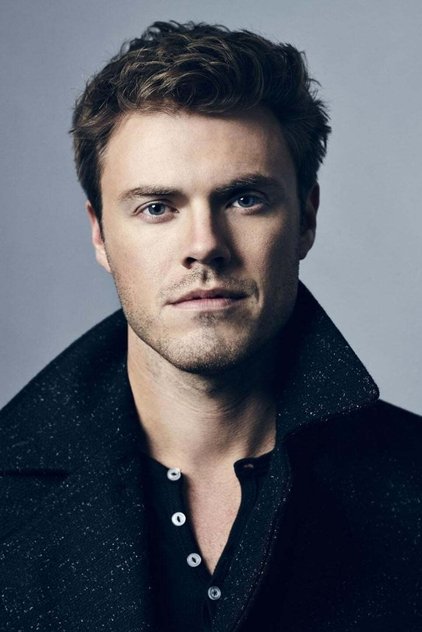
Blake Cooper Griffin
Castro Man
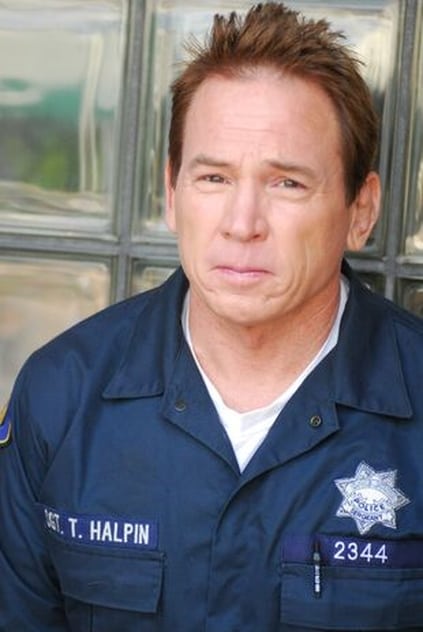
Tim Halpin
SFPD Motor Cop
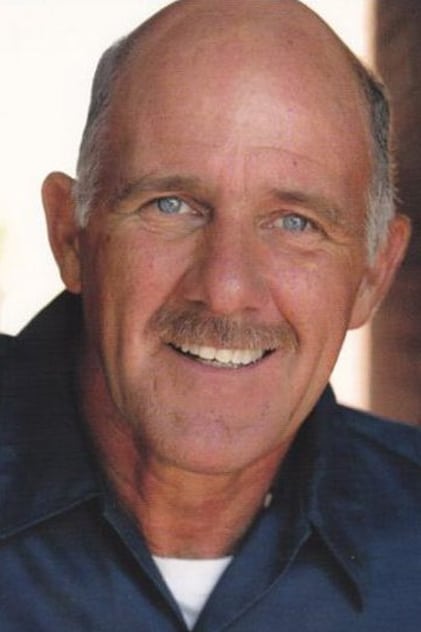
Richard Gross
Riot Cop
Drew Kuhse
Pizza Delivery Man
Catherine Cook
Opera Performer - Tosca
Joe Meyers
Opera Performer - Spoletta
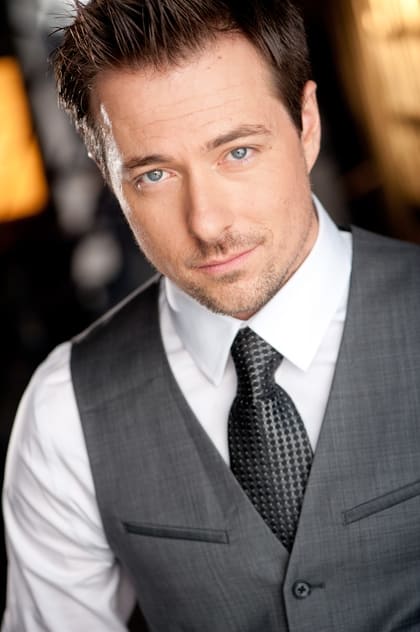
Ryan Hellquist
Law Student (uncredited)
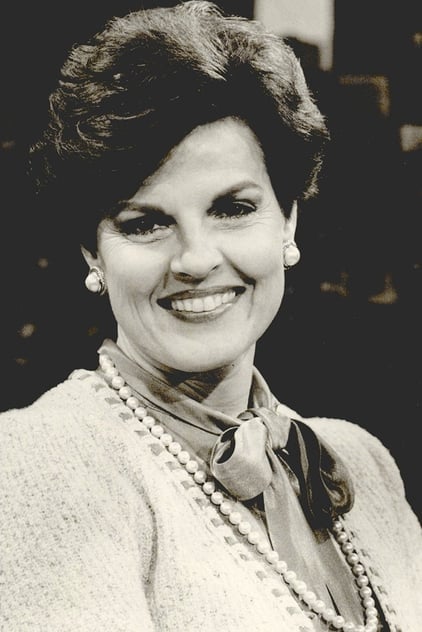
Anita Bryant
Self (archive footage)
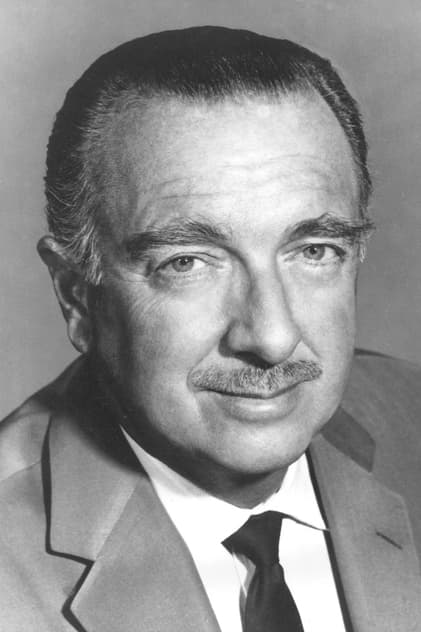
Walter Cronkite
Self (archive footage)
Jerry Brown
Self (archive footage)
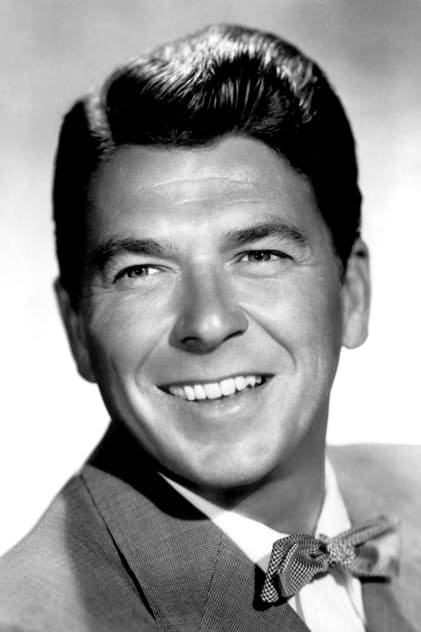
Ronald Reagan
Self (archive footage)
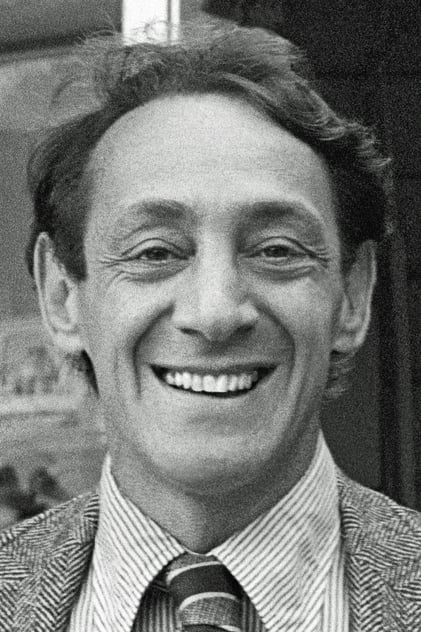
Harvey Milk
Self (archive footage)
Dan White
Self (archive footage)
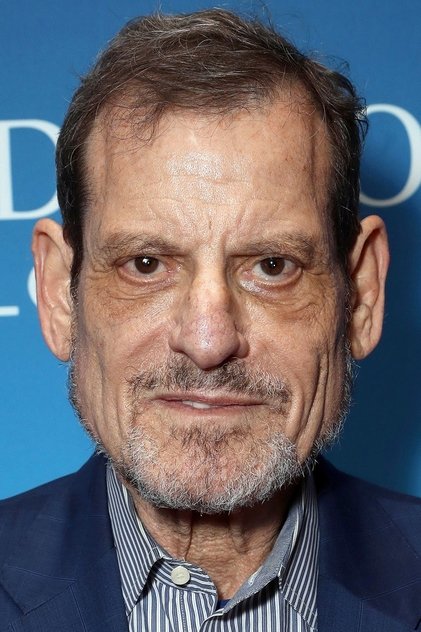
Howard Rosenman
David Goodstein
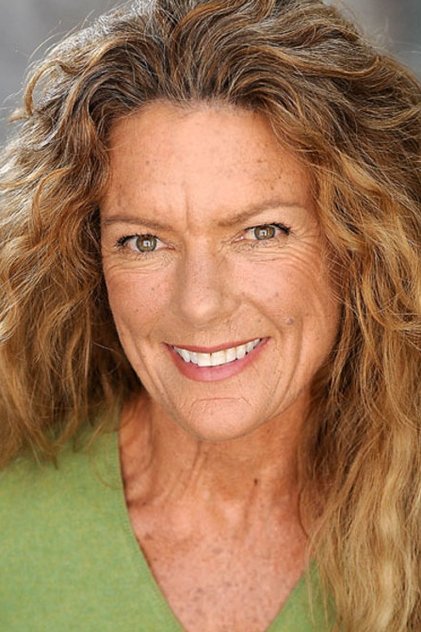
Lynn McRee
Moscone's Secretary
Crew
Director
Gus Van Sant
Writer
Dustin Lance Black
Reviews
themoviediorama
January 16, 2020
8
Milk shakes its nutrient-rich substance to produce a delectably important biopic. No fat free milk. No semi-skimmed froth encrusting the top layer. Lactose is included. Just whole Harvey Milk dairy, freshly pasteurised by superlative direction and sharp writing. Much like fine wine, Milk tastes exquisitely with age, consistently complementing current democratic strands of chaos. Highlighting the significance of a single vote in a referendum without glorifying the omnipotence of activism.
Harvey Milk, for all intents and purposes, was the first openly gay individual to be elected for public office in the shining state of California. Combatting initiatives such as Proposition 6, the banning of homosexuals to acquire careers in public schools. As a homosexual myself, who had been unfortunately suppressed into the “closet” due to fear of zero familial acceptance, Harvey Milk can only be described as an LGBT hero. The focus on political lobbying and general activism never dissipates, with Van Sant constantly presenting Penn as a voluptuous sculpture for gay rights. And, whilst it would’ve been supremely simple to resort to a melodramatic approach by documenting the several deaths and polygamous relationships in Milk’s life, Van Sant opted for a subversive aesthetic.
By combining archival footage of police raids and controlled protests with the core dramatisation, Van Sant effortlessly blended a documentarian style with a standard biographical narrative. In doing so he enabled Milk to remain human throughout, retaining an ever-important reminder of the work that he had lovingly committed to, not just for his own acceptance into the community, but for every LGBT representative.
Ingeniously, Black addressed Milk and Moscone’s assassinations from the offset, establishing a flashback narrative structure to illustrate Milk’s political career. From opening a store entitled Castro Camera to campaigning against Christian fundamentalists. Black’s audacious dialogue inserted a substantial amount of characterisation, often resorting to humour and sassy quips, whilst tackling the heavier subjects at hand. Further humanising Milk and his supporters. The representation of opposing conservatives were also well-developed, with Milk’s fellow supervisor White gaining the most traction in comparison to Briggs and Feinstein. Offering a clash of perspectives in the democratic environment, eventually building up to a subdued yet profound climax that unleashed an endless candlelight vigil lighting up the streets of San Francisco.
Van Sant’s astute direction, specifically the inclusion of multiple one take sequences of delicious dialogue, would not have been as effective if it wasn’t for one element. An aspect to which the entire biopic relied on. Sean Penn as Harvey Milk. Without a doubt, one of the greatest performances to ever grace our screens. Rarely do I take issue with heterosexual actors portraying homosexuality, and his unanimously acclaimed performance is a valid reason why. Very shortly after his presence was noticed, subverting his typical “hard as nails” gritty roles, I no longer saw Penn. Through sheer mannerism changes, he transformed. The whispering voice, the exaggerated hand motions and the gentle personality. Deserving of any and all awards that he received.
Hirsch was just as transformative portraying fellow supporter Jones, fully embodying gay culture into a singular character. Brolin and Luna also offering noteworthy performances. Franco on the other hand failed to replicate the same quality. His monotonous delivery felt reminiscent to ‘Pineapple Express’ or any other stoned comedy. Elfman’s score, whilst enabling a lighter tone throughout, occasionally overwhelmed the more emotional sequences. Some jarring jump cuts edited by Graham also further relinquished the effectiveness of Milk’s central character and the pace.
However, as a dramatisation of a leading figure in LGBT history, Van Sant delivered the goods. Yet, as a reminder for both heterosexuals and homosexuals alike for how archaic life was, Milk is absurdly powerful. As a “fellow degenerate”, I stand alongside everything that Harvey Milk represented, enabling the LGBT community to come “out of the closet”.
Media
Status:
Released
Original Language:
English
Budget:
$20,000,000.00
Revenue:
$54,600,000.00
